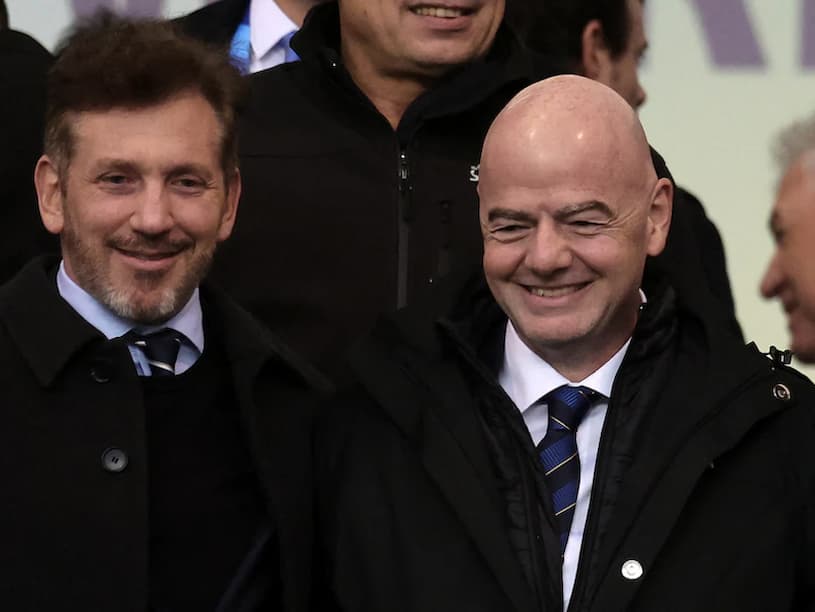Infantino had criticized European broadcasters in the “Big Five” for charging significantly less to show the men’s World Cup than was paid for it.
In order to avoid a contentious blackout in the “Big Five” European nations, FIFA announced on Wednesday that it had reached an agreement with the European Broadcasting Union (EBU) to broadcast the Women’s World Cup in 2023.
On the website of the football body, FIFA president Gianni Infantino stated, “FIFA is delighted to widen the deal with the European Broadcasting Union.
For the transmission of the upcoming FIFA Women’s World Cup to include the five major markets within their existing networks.
Namely France, Germany, Italy, Spain, and the United Kingdom, as well as Ukraine, thus ensuring maximum exposure for the tournament.”
Infantino had criticized European broadcasters in the “Big Five” for charging significantly less to show the men’s World Cup than was paid for it.
The time difference between Europe and the United States often causes games to be played in the early morning on the continent, but Infantino said that was no excuse.
28 nations were included in a deal that FIFA and EBU reached in October. A number of European nations participating in the World Cup were not included in the expanded 34-nation list on Wednesday. Denmark, Sweden, Norway, the Netherlands, and Portugal
Networks that broadcast free-to-air rather than subscription channels were a part of the agreement with the EBU.
In Germany, FIFA listed ARD and ZDF; in the United Kingdom. BBC and ITV; in Italy, France Televisions; and in Spain, RTVE. Additionally, M6, which is not a member of the EBU, was announced as a broadcaster in France.
The first Women’s World Cup with 32 teams will take place in Australia and New Zealand from July 20 to August 20.
Overall prize money for participating teams will also rise to $150 million. A significant increase from the $15 million in 2015 and a sharp increase from $50 million in 2019.
The prize money at the 32-team men’s World Cup in 2022, worth $440 million, is still a far cry from this amount.
Last month, FIFA secretary general Fatma Samoura stated to AFP. “We have a good product, the very best of women’s sport.”
“Equality is being discussed by everyone. We hope that these words will be put into action. The simplest course of action is to set a reasonable price for the World Cup.
Axel Balkausky, director of the ARD, had previously stated that his organization made a legitimate bid for the rights and that broadcasters “would not allow themselves to be blackmailed.”
In May, Germany captain Alexandra Popp stated that a World Cup blackout would be “so bad for women’s football” and that administrators were using “empty words” in the ongoing dispute.

